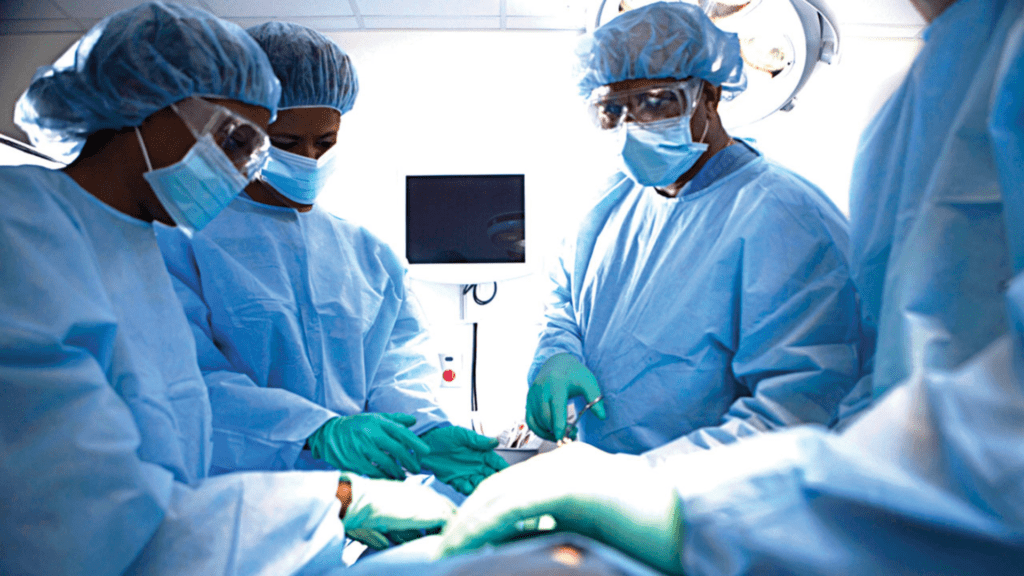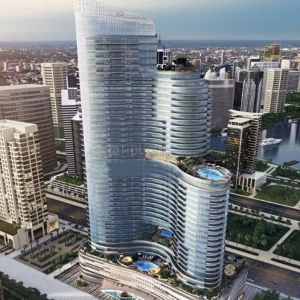In a significant achievement marking the onset of 2024, Dubai celebrates the completion of its 100th successful kidney transplant, with a notable portion of these procedures conducted at Al Jalila Children’s Hospital. Dr. Waldo Concepcion, the hospital’s deputy medical director and consultant transplant surgeon at Dubai Health, shared this milestone during World Kidney Day, observed annually on the second Thursday of March.
Among the transplant recipients were children, including siblings, underscoring the hospital’s commitment to specialized care for pediatric patients. Dr. Concepcion recounted the success story of a five-year-old child who, despite being rejected by major organ transplant centers abroad due to vascular complexities, received a life-saving transplant, marking a transformative milestone in the child’s life and that of their family.
Dr. Concepcion highlighted the broader impact of kidney disease on families, emphasizing that performing a transplant not only saves the recipient’s life but also liberates the entire family to resume normal living. He expressed immense satisfaction in witnessing such transformations, motivating continued efforts to assist more children in need.

Praising recent amendments in UAE Law No. 25 of 2023, Dr. Concepcion noted their significance in advancing the organ donation and transplantation program. Specifically, Articles 7.3 and 9.2 introduce transformative changes, allowing for altruistic donation and mandating insurance coverage for transplant procedures. These changes reflect the UAE leadership’s commitment to improving health outcomes and ensuring long-term care for transplant recipients.
In the UAE, various organs, including kidneys, hearts, livers, lungs, and pancreases, are transplanted. Kidney transplantation services are currently provided for children at Al Jalila Children’s Hospital and for adults at Dubai Hospital. Dr. Concepcion explained that the process, eligibility criteria, and post-transplant care can vary significantly depending on the specific organ being transplanted. While kidneys and livers can be donated by living donors, other organs are typically sourced from deceased donors.
Dr. Concepcion highlighted the dynamic nature of the waiting list for organ transplants, reflecting the changing needs of patients at different stages of their transplantation journey. He emphasized the urgency of addressing kidney disease, which is now ranked as the 10th leading cause of death globally according to the World Health Organization.
In response to this growing health concern, Dubai Health is committed to initiatives aimed at raising awareness of kidney health and preventing kidney disease. Dr. Concepcion stressed the importance of early detection in the comprehensive strategy to address kidney disease, aiming to reduce its incidence and alleviate the demand for transplants.
The milestone of the 100th successful kidney transplant in Dubai underscores the city’s dedication to advancing healthcare and providing specialized care for patients in need of organ transplantation. The achievements reflect the collaborative efforts of healthcare professionals, policymakers, and the wider community in promoting organ donation and improving patient outcomes.
By achieving this milestone, Dubai reaffirms its position as a leading hub for medical innovation and excellence in the region, setting a benchmark for kidney transplantation and organ donation programs globally.













